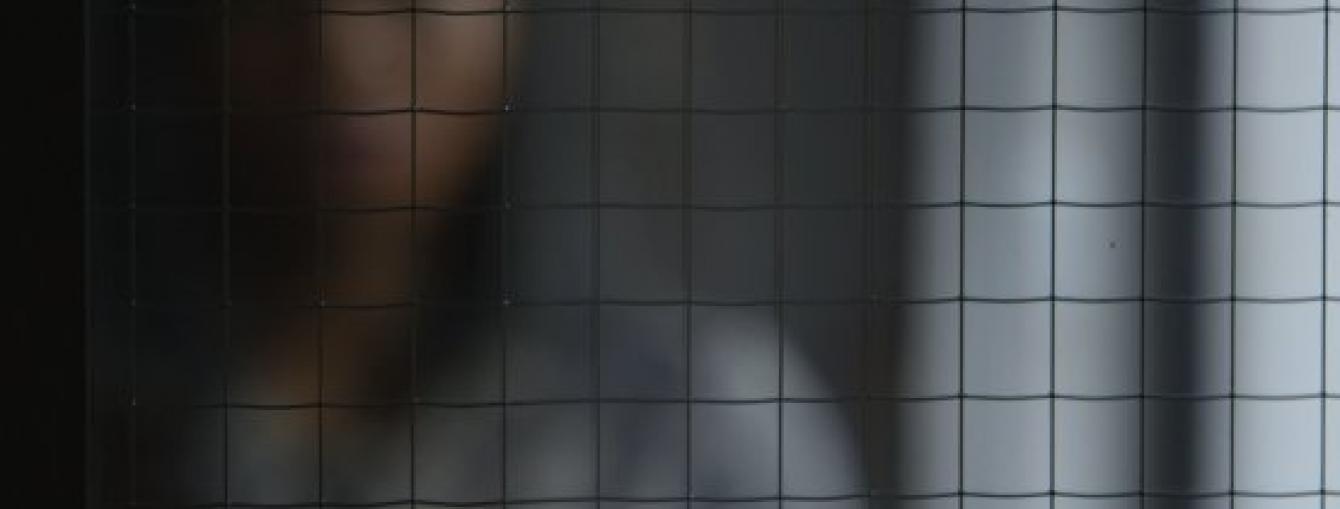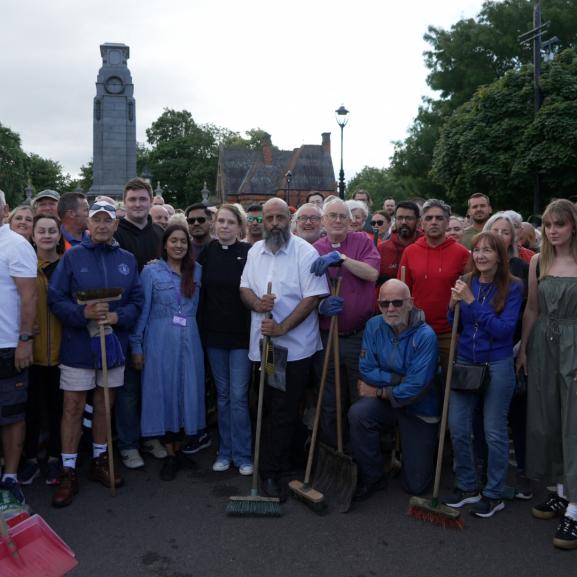Home Office whistleblowing must prompt a New Year rethink
By Amanda Croft, Senior Policy Advisor
We have to hope that the Minister for Immigration has some robust New Year’s Resolutions when he returns from his Christmas break this week. There was little festive cheer to be had reading the recent allegations by two whistleblowers from the Home Office, reported in The Guardian on Christmas Day.
Two members of Home Office staff have come forward claiming that asylum caseworkers are “undertrained, overworked and operating in a constant state of crisis”. These comments echo the recent report by the Independent Chief Inspector of Borders and Immigration which warned that a ‘relentless focus’ on meeting 6 month customer service targets, combined with recruitment and retention issues, has led to a drop in the quality of asylum decisions.
This story echoes Freedom From Torture’s own research, which shows that due to gaps in training and poor implementation of existing policies the Home Office is routinely misapplying its own policy on the treatment of expert evidence of torture in asylum claims, meaning that some torture survivors are being wrongly refused asylum. This causes years of uncertainty and unnecessary distress as they know they could be returned to their torturers; legal appeals are harrowing for them and costly to UK taxpayers.
Due to gaps in training and poor implementation of existing policies the Home Office is routinely misapplying its own policy on the treatment of expert evidence of torture in asylum claims, meaning that some torture survivors are being wrongly refused asylum.
Too many cases of poor practice are making it through new quality assurance processes that are meant to catch bad decisions before they are issued. Since the publication of Proving Torture in November 2016, we have been encouraged by the willingness the Home Office has shown to work together to improve the quality of asylum decisions in cases involving medical evidence of torture. We are working closely with the Chief Asylum Caseworker to support the development of a new full day training module, so that caseworkers can develop the skills they need to confidently and correctly deal with medical evidence in the future. In the new year, we look forward to continuing and developing this work further.
But these whistleblowing allegations are a reminder that, despite the progress we have made, there is still much to be done to deliver a fair, effective and humane asylum system. Better training will only go so far if the political, budget and resourcing pressures faced by the Home Office contribute to a performance management framework and culture not fit for purpose.
We are encouraged by indications that the Home Office will overhaul its casework and quality targets next year: recent whistleblowing allegations may not be palatable, but the Home Office must listen to them if it is to create a system that enables the individuals within it to do their jobs properly. As our minds turn to New Year's resolutions, we hope to see a renewed commitment by the Immigration Minister to address the challenges identified by our research, and to ensure that no torture survivor is failed by the very system that should protect them.







